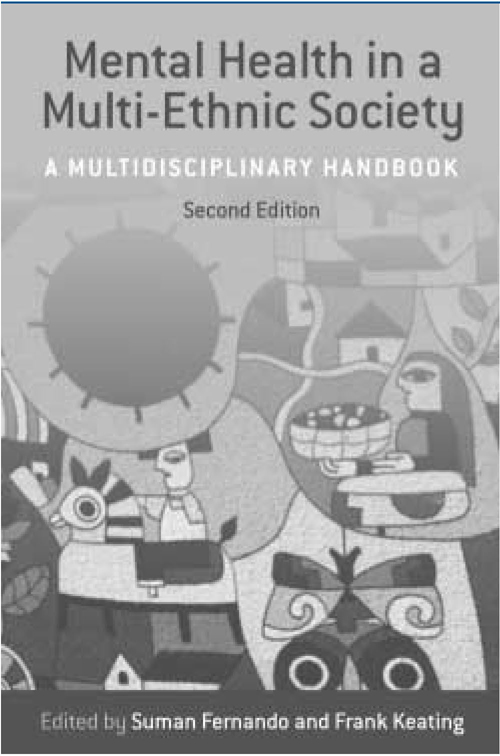
Mental Health in a Multi-Ethnic Society: A Multidisciplinary Handbook addresses basic issues in mental healthcare for Black and minority ethnic communities in a sociopolitical context. Areas where those communities are at a disadvantage are critically analysed and ways of rectifying that are considered.
Contributions from over 20 authors, with backgrounds in sociology, psychology, psychiatry, psychotherapy, law and education, have succeeded in providing a wide perspective.
Suman Fernando sets the scene by classifying terms such as race, racism, culture and ethnicity, and provides a cultural perspective of mental health. He asserts his strong views on what he considers to be institutional racism. (I recommend readers to the opinion and debate articles in the October 2007 issue of the Psychiatric Bulletin (pp. 363–70) to gain a balanced view of this highly controversial topic.)
There is a good critical commentary on the main legislation that affects mental healthcare. In analysing the impact of the Race Relations (Amendment) Act 2000 and Human Rights Act 1998 disappointment is expressed that the new Mental Health Act 2007 does nothing at all to help redress racial inequalities.
Almost half of the book is devoted to training issues and description of the various UK statutory and voluntary services. It provides the stimulus to organise programmes and innovations targeting the needs of different ethnic groups. Issues specific to Black and minority ethnic women are discussed and concern is expressed that they access services only at crisis points, experience them as inappropriate, lack confidence and trust in services and have an inadequate knowledge of what is available. Case studies of the Black Mental Health Project, the Muslim Women's Helpline and the Newham Asian Women's Project are good examples of innovative services. The Mellow Project, which started with the aim of helping to reduce the over-representation of young African–Caribbeans in mental health services in east London, describes the development of alternative and sustainable responses to mental distress. The Marlborough Cultural Therapy Centre has developed a specialist, culturally appropriate service for the South Asian and Arab communities in north-west London. Mental health services for Chinese people, counselling and day care for South Asian people in Waltham Forest and services for African–Caribbean people in Manchester are worthwhile examples. Guidance is given on developing psychological services for refugee survivors of torture.
On the whole, this book stimulates critical analysis of areas of discontent while also providing a direction towards future training and service development. I would recommend it as a valuable resource for multidisciplinary training as well as for planners involved in mental health service provision.



eLetters
No eLetters have been published for this article.